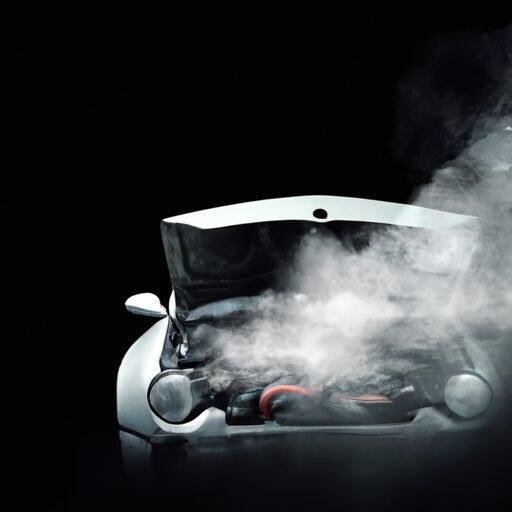If you’re experiencing a coolant leak in your car, it can be a frustrating and stressful situation. Coolant is essential for keeping your engine from overheating, and a leak can cause serious damage if left untreated. In this post, we’ll discuss the common causes of coolant leaks, the signs to look out for, and the steps you should take to address the issue.
What Causes Coolant Leaks in Cars?
There are several reasons why your car may be experiencing a coolant leak. Here are some of the most common:
- Damaged or Worn Out Hoses: The hoses that carry coolant from the engine to the radiator can become worn out over time, leading to cracks and leaks.
- Faulty Radiator: The radiator can develop leaks due to corrosion or damage from road debris.
- Blown Head Gasket: This is a more serious problem that can occur when the engine overheats. The head gasket can become damaged, leading to a coolant leak.
- Water Pump Failure: The water pump is responsible for circulating the coolant throughout the engine. If it fails, it can cause a leak.
- Cracked Engine Block: This is a rare but serious issue that can occur when the engine overheats. The extreme heat can cause the engine block to crack, leading to a coolant leak.
Signs of a Coolant Leak
If you suspect that your car is experiencing a coolant leak, here are some signs to look out for:
- Low Coolant Level: If you notice that your coolant level is consistently low, it could be a sign of a leak.
- Engine Overheating: If your engine is overheating, it could be due to a lack of coolant.
- Sweet Smell: Coolant has a sweet smell, so if you notice a sweet odor coming from your car, it could be a sign of a leak.
- White Smoke: If you see white smoke coming from your exhaust pipe, it could be a sign of a blown head gasket.
What to Do If You Have a Coolant Leak
If you suspect that your car is experiencing a coolant leak, it’s important to address the issue as soon as possible. Here are the steps you should take:
- Check the Coolant Level: Check your coolant level to see if it’s low. If it is, top it off with the appropriate coolant for your car.
- Look for Visible Leaks: Check under your car for any visible leaks. If you see a puddle of coolant, it’s likely that you have a leak.
- Take Your Car to a Mechanic: If you’re unable to locate the leak, or if you’re not comfortable fixing the issue yourself, take your car to a mechanic. They’ll be able to diagnose the problem and provide you with a solution.
- Prevent Future Leaks: To prevent future coolant leaks, make sure to keep up with regular maintenance on your car. This includes checking your coolant level, replacing worn out hoses, and having your radiator inspected regularly.
In conclusion, a coolant leak in your car can be a serious issue that requires prompt attention. By understanding the common causes of coolant leaks and the signs to look out for, you can take the necessary steps to address the issue and prevent future leaks from occurring.
Remember, when it comes to your car’s health, it’s always better to be proactive than reactive, so call us today to set an appointment 719-892-7003

